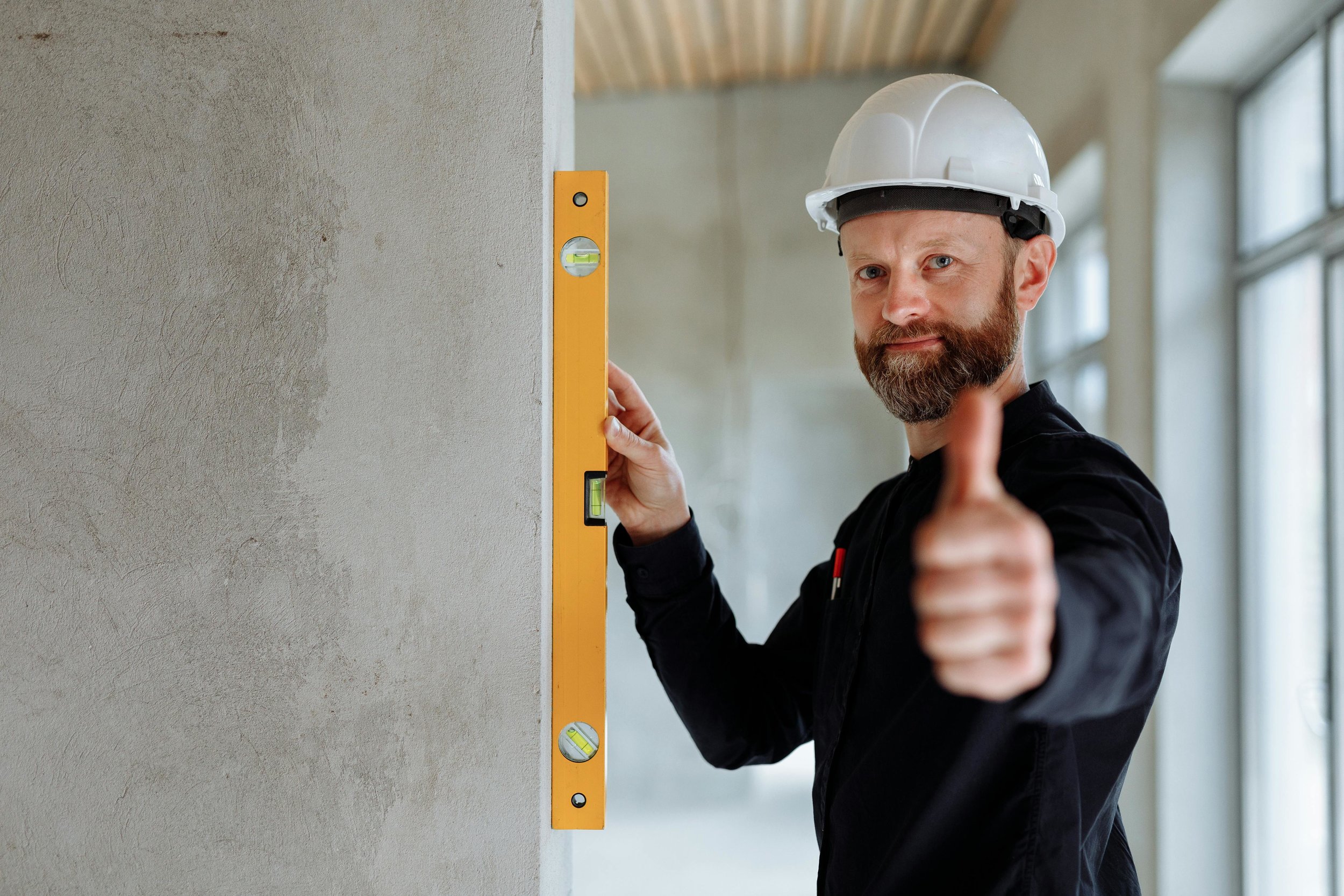Do I Need a Property Survey When I Buy a Home?
When you buy a property, especially as a first-time buyer, you’ll likely come across the term property (or house or home) survey early in the process. You might wonder: Do I really need one? The short answer is — probably yes. While it’s not a legal requirement, a property survey offers a professional, independent assessment of the property's condition, potentially saving you thousands in the long run.
In this guide, we’ll explain exactly what a property survey is, when it’s worth getting one, what types are available, and how you can arrange one online.
What Is a Property Survey?
A property survey is a detailed check carried out by a qualified surveyor to evaluate the physical condition of a home. It helps you understand what you’re buying — beyond the fresh paint and tidy garden. Importantly, this is not the same as a mortgage valuation. A mortgage valuation is for your lender; it simply confirms the property's value. A house survey is for you. It highlights any structural or hidden problems and flags anything that could become an expensive issue later.
What Does a Property Survey Include?
The scope depends on the type of home survey you choose. These are the main options:
RICS Level 1 Survey (Condition Report)
Suitable for newer homes or standard properties in good condition.
Provides a general overview using a simple traffic-light system.
Doesn’t include advice or a valuation.
RICS Level 2 Survey (HomeBuyer Report)
Ideal for properties built after 1900 that appear in reasonable shape.
Identifies major issues like damp, rot, or subsidence.
Often includes a market valuation and advice on repairs.
RICS Level 3 Survey (Building Survey)
Best for older, unusual, or visibly run-down properties.
Offers a comprehensive breakdown of the structure and materials.
Includes detailed repair options, maintenance advice, and photos.
Snagging Survey (for new builds)
Pinpoints defects or incomplete work in a newly built home.
Helps ensure the developer addresses any problems before you move in.
When Should You Get a Property Survey?
The ideal time is after your offer has been accepted, but before you exchange contracts. That way, if the survey reveals serious issues, you can:
Renegotiate the price.
Request repairs.
Walk away (if needed).
If you wait until later, your options may be more limited.
What Might a Survey Uncover?
It’s easy to assume a home that “looks fine” must be in good shape — but that’s often not the case. A professional property survey can highlight:
Structural movement or subsidence.
Damp or mould.
Roof damage or loose tiles.
Faulty electrics or outdated plumbing.
Rotten timbers or pest infestations.
Hazardous materials (like asbestos).
Even if these issues don’t seem alarming, they could lead to significant repair bills over time — and a house survey lets you prepare accordingly.
Benefits of Getting a Property Survey
Avoid Unexpected Costs
Spot problems early, before they become your responsibility.Negotiating Power
Use the findings to negotiate a better price or request repairs before completion.Confidence in Your Purchase
Especially for a first home purchaser, it’s reassuring to know what you're getting into.Protect Your Investment
A house is likely the biggest purchase you’ll ever make — a home survey offers protection against buyer’s regret.
Drawbacks to Consider
While overwhelmingly useful, a property survey does have a few limitations:
Added Cost
Fees vary depending on the survey type and property size, ranging from around £300 to over £1,500.Surveyors Can’t See Through Walls
If areas are inaccessible, the surveyor may not be able to give a complete picture.Time Constraints
Booking a survey and receiving the report takes time, which may delay the process slightly — though this is rarely a major issue.
How to Arrange a Property Survey
You don’t need to search endlessly for a reliable surveyor. You can quickly find and book a qualified RICS surveyor here:
Should First-Time Buyers Always Get a Survey?
If you’re a property newcomer, it’s even more important to get a property survey. Without prior experience, you might not spot warning signs or know what questions to ask. A house survey provides a professional eye — and potentially saves you from buying a property with costly underlying issues. Think of it as a second opinion before you commit to a decision that will affect your finances, your lifestyle, and your peace of mind for years to come.
Final Thoughts on Do I Need a Property Survey When I Buy a Home?
You’re not required by law to get a property survey, but skipping it is a gamble — especially for a first-time buyer. A good building survey gives you the insight and confidence to make an informed choice and strengthens your hand if negotiations are needed. For many, the cost of a home survey is a small price to pay for avoiding bigger problems down the line. If you’re about to buy a property, especially your first, it’s worth getting one booked in sooner rather than later.

